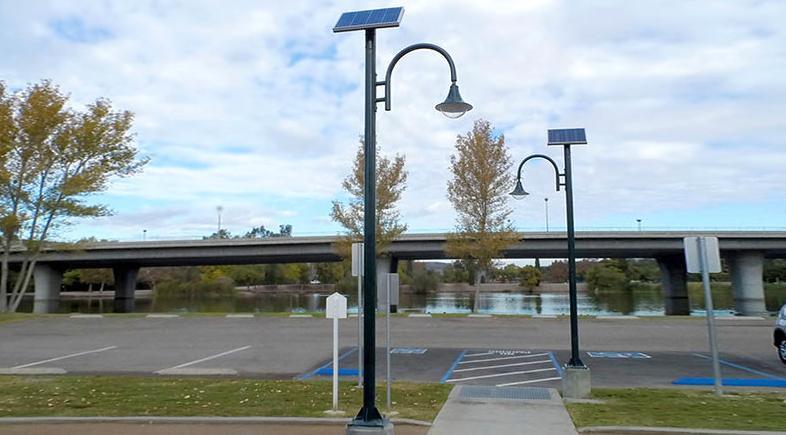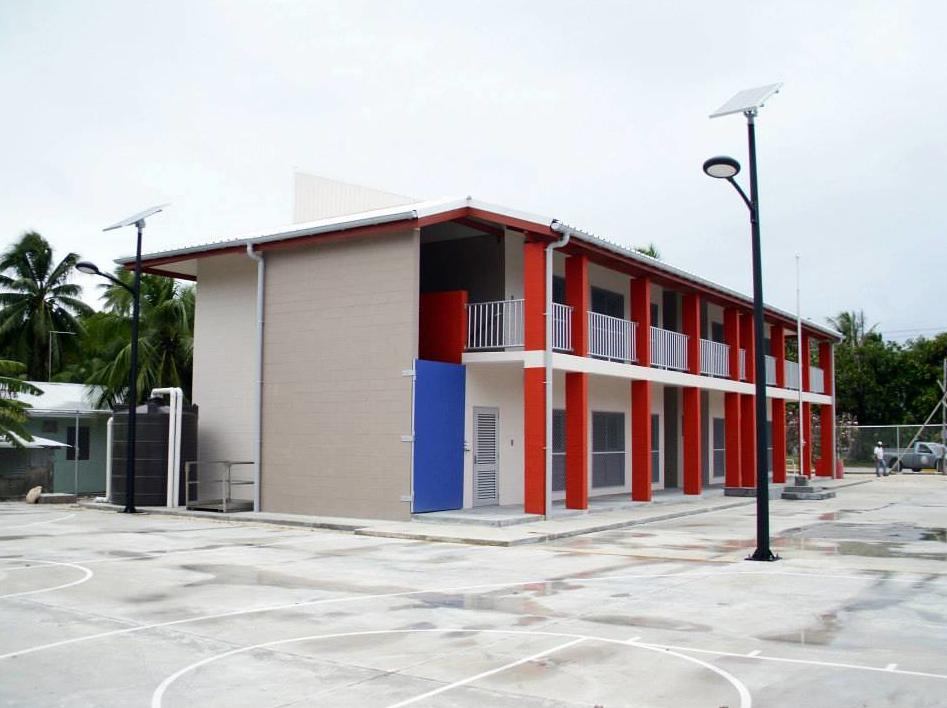Solar Lighting FAQs Answers to Your Most Common QuestionsPosted by Stephen Shickadance in Most Popular. The Basics. Solar FAQs.As solar technology advances, solar lighting systems are becoming a preferred solution for both residential and commercial applications. From saving energy to being eco-friendly, these lights are reshaping how we illuminate outdoor spaces. If you’re considering solar lighting but still have questions, here are answers to some of the most frequently asked questions. 1. What Is Solar Lighting?Solar lighting systems use energy from the sun, captured by solar panels, to generate and store electricity in batteries. This stored energy powers LED lights during the night, providing illumination without the need for traditional electrical wiring.
2. How Does Solar Lighting Work?Solar lighting systems work through photovoltaic (PV) cells that absorb sunlight and convert it into electrical energy. This energy is stored in rechargeable batteries and used to power LED fixtures after dark. High-quality systems are equipped with efficient PV panels and batteries that can sustain power for several hours, even in low-sunlight conditions. 3. Where Can Solar Lights Be Used?Solar lighting can be used in various outdoor applications, including: Greenshine New Energy offers a range of solar lighting solutions specifically designed to suit various applications, from pathways to large parking lots, ensuring reliable performance wherever they are installed.
4. What Are the Main Benefits of Solar Lighting?
Greenshine’s solar lighting solutions are engineered to withstand various weather conditions and reduce installation costs by eliminating the need for trenching. 5. How Long Do Solar Lights Last?The lifespan of a solar lighting system depends on its components:
Regular maintenance, such as inspecting for dirt or damage, can help maximize these components' longevity. 6. Do Solar Lights Work in Cloudy or Rainy Weather?Yes, solar lights can work in cloudy or rainy weather, though their performance may be affected. Solar panels still absorb some sunlight on cloudy days, though at a reduced efficiency. Batteries typically have enough capacity to store energy for several days, so the lights can continue to work even with limited sun exposure. 7. How Bright Are Solar Lights?Solar lights can be as bright as traditional grid-powered lights. The brightness of a solar light is measured in lumens, and high-quality systems can range from 500 to over 12,000 lumens, depending on the application. Many systems allow you to adjust brightness levels based on specific needs. 8. What Types of Solar Lighting Systems Does Greenshine Offer?Greenshine offers a variety of solar lighting systems tailored to different applications:
Each system is designed to provide optimal lighting for specific applications and comes with durable materials that are built to last. 9. Can Solar Lights Be Used in Cold Climates?Yes, solar lights are effective in cold climates, though battery performance may be slightly impacted. Greenshine’s primary battery offering is a gel lead-acid battery, which performs well in colder temperatures. Lithium batteries are generally less effective in colder climates unless paired with a heating element to keep the battery warm. For this reason, we prioritize gel lead-acid batteries as they are more reliable in cold weather. 10. Are Solar Lights Weatherproof?High-quality solar lighting systems are designed to withstand various weather conditions. Greenshine’s systems are built with durable materials and often have waterproof or weather-resistant casings that protect against rain, snow, and wind. For extreme climates, it’s advisable to choose lights with a high Ingress Protection (IP) rating, such as IP65 or higher. 11. Are Solar Lights Cost-Effective Compared to Traditional Lights?While solar lights may have a higher upfront cost, they often provide long-term savings by eliminating electricity costs. Additionally, with fewer maintenance needs and no wiring or trenching costs, solar lighting can be a cost-effective choice, particularly for outdoor applications where running electrical cables would be costly or impractical. 12. Can Solar Lights Be Relocated?Relocating solar lights can be more challenging than typical lighting because it may require additional foundation work, especially for larger fixtures. However, smaller landscape lights, path lights, and mobile lighting towers are generally easier to move if needed. Greenshine New Energy's diverse line of solar lighting solutions, including mobile solar lighting towers, provides reliable and sustainable lighting options, perfect for any outdoor area. Whether you’re illuminating pathways or large commercial lots, Greenshine’s solar systems offer versatility, durability, and efficiency. If you have additional questions, reach out to Greenshine New Energy for expert advice tailored to your lighting needs.
Most Popular
The Basics
Solar FAQs
|
ArchivesNo Archives Categories
Want More Info? |
LATEST NEWS & ARTICLES


